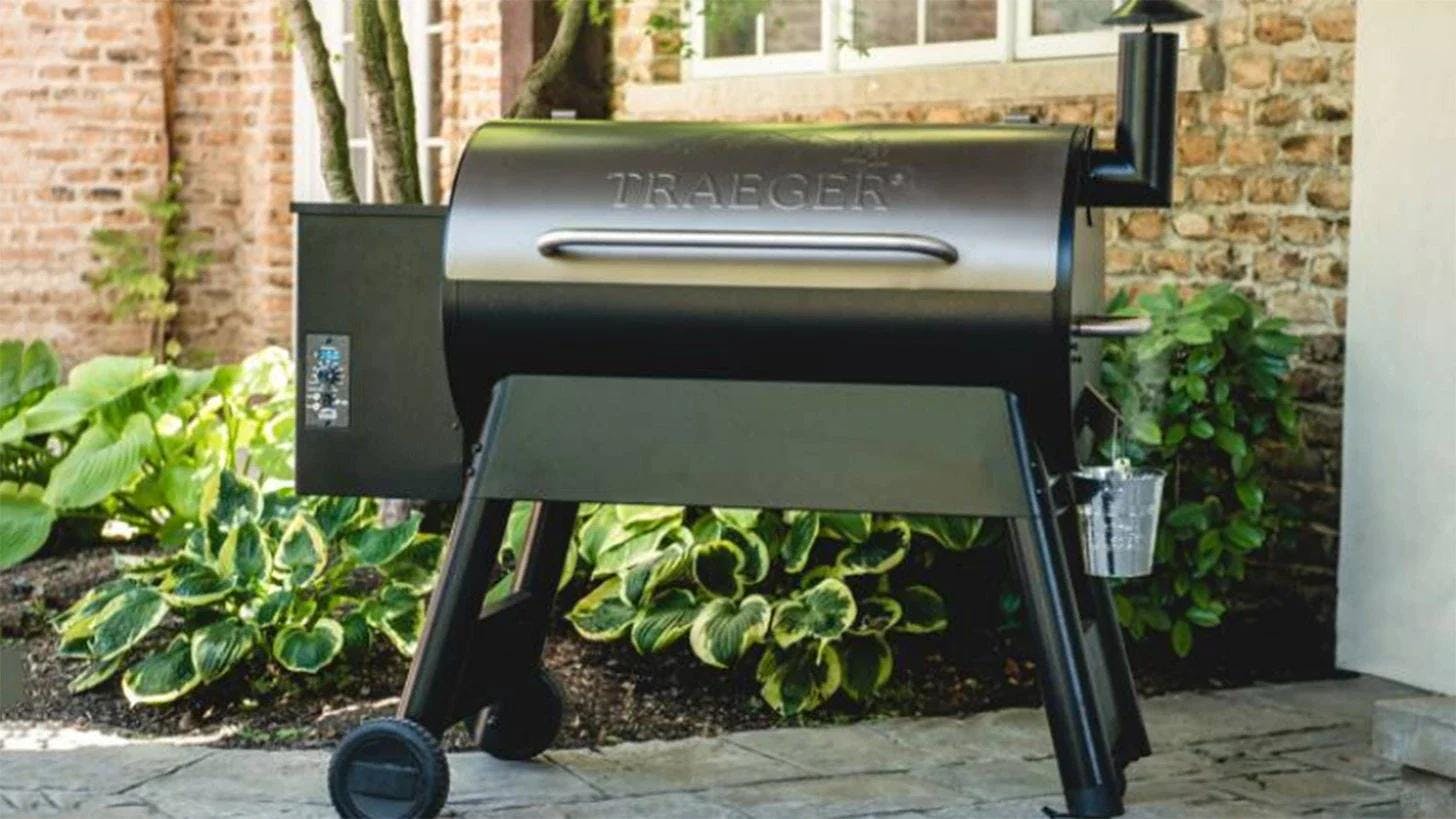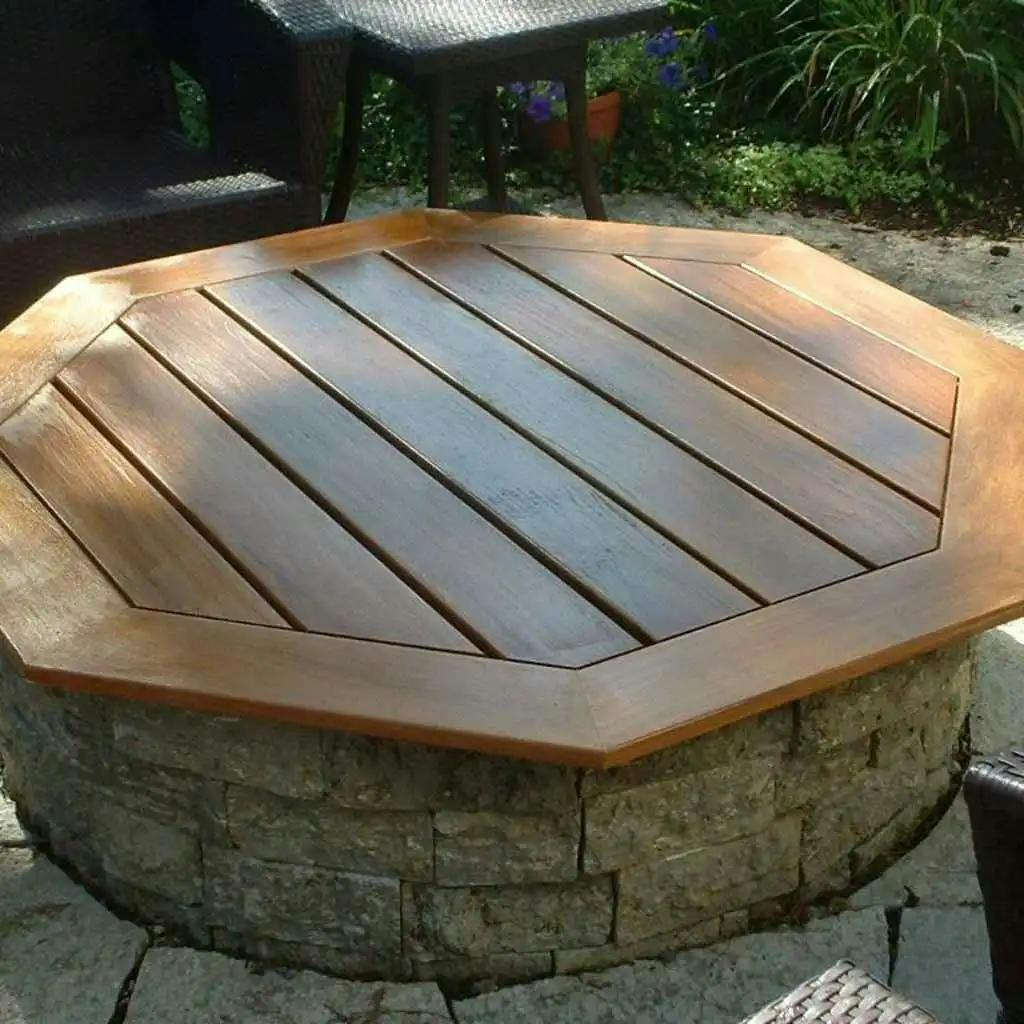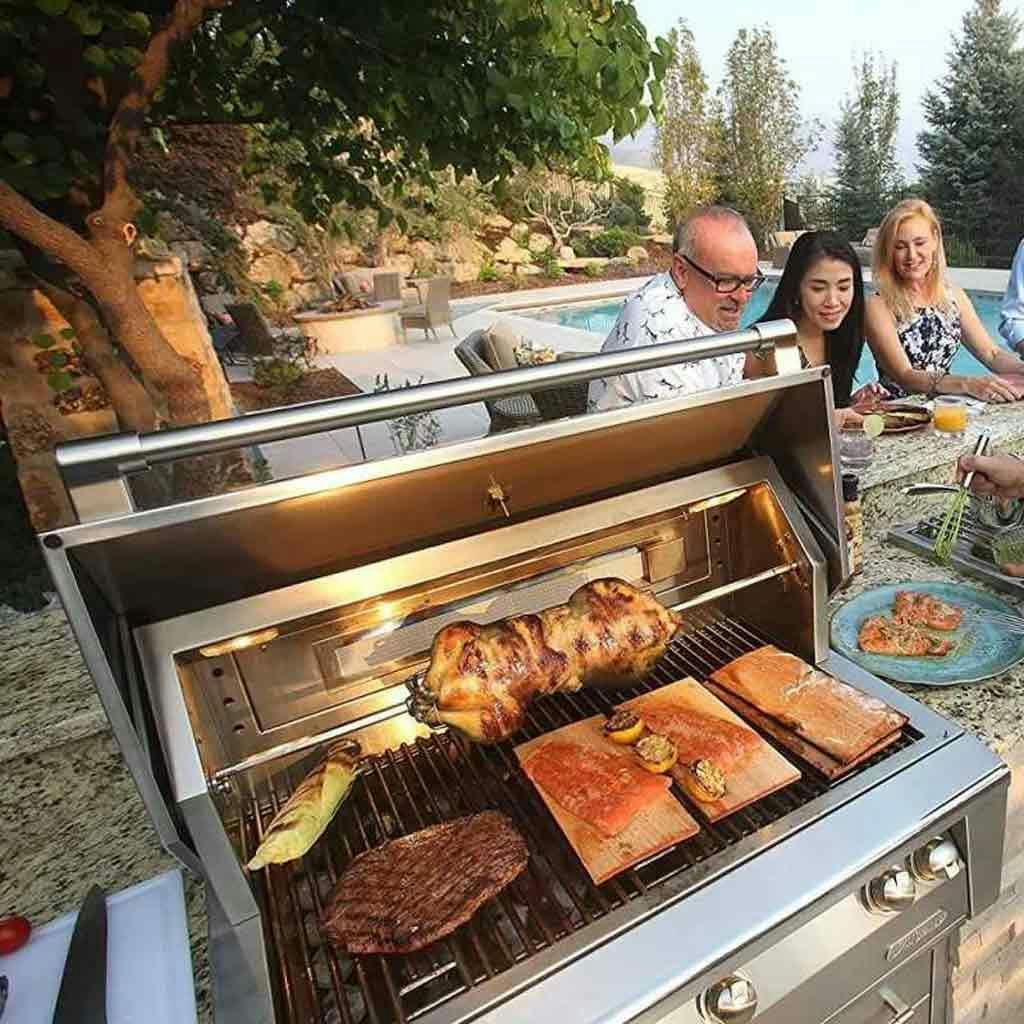When investing in a Traeger grill, you're not just purchasing a cooking appliance – you're making a commitment to a flavorful journey filled with mouthwatering barbecues, grilled delights, and culinary adventures. As you embark on this gastronomic exploration, understanding the lifespan of your Traeger grill becomes an essential aspect to consider.
Why does it matter, you ask? Well, much like any other prized possession, knowing how long your Traeger grill is expected to last can help you make informed decisions about maintenance, upgrades, and future investments. Just as you care for your car to ensure smooth rides, your Traeger grill requires diligent attention to guarantee years of exceptional grilling performance.
In this guide, we delve into the realm of Traeger grill lifespan – demystifying the factors that influence how long these grills typically endure. From the materials used in construction to your maintenance practices, every aspect plays a pivotal role in determining the longevity of your grilling companion. We'll also explore the significance of proper care and maintenance, unveiling the secrets to prolonging your Traeger grill's life and ensuring it continues to serve up delectable feasts for countless gatherings to come.
Part 1: 6 Important Factors Influencing Traeger Grill Lifespan
The lifespan of your Traeger grill is influenced by a delicate interplay of multiple factors that collectively shape its durability and longevity. Understanding these factors can empower you to make informed decisions about maintenance, usage, and care, ensuring your grill serves you well for years to come.
- Build Quality and Materials: The foundation of any appliance's lifespan lies in its build quality and the materials used in its construction. Traeger grills are renowned for their robust craftsmanship and premium-grade materials. High-quality steel, sturdy components, and precision engineering contribute to a longer-lasting grill that can withstand the rigors of outdoor cooking.
- Usage Frequency: The frequency at which you use your Traeger grill directly impacts its lifespan. Regular usage, while a testament to your culinary enthusiasm, can result in wear and tear over time. Moderate and responsible use can help prolong your grill's life by minimizing stress on its components.
- Maintenance Practices: Maintenance is the heartbeat of a Traeger grill's longevity. Diligent cleaning, proper seasoning, and routine inspections can significantly extend the life of your grill. Neglecting maintenance, on the other hand, can lead to the accumulation of debris, rust, and corrosion, ultimately shortening its lifespan.
- Climate and Storage: Environmental factors play a role in your Traeger grill's lifespan. Exposure to harsh weather conditions, such as rain, snow, and extreme heat, can accelerate wear and tear. Using a grill cover and storing the grill in a sheltered area when not in use can shield it from the elements and contribute to its longevity.
- Maintenance Practices: The way you care for your Traeger grill has a direct impact on its lifespan. Regular cleaning, proper seasoning, and routine inspections can significantly extend the life of your grill. Neglecting maintenance, on the other hand, can lead to the accumulation of debris, rust, and corrosion, ultimately shortening its lifespan.
- Upgrades and Repairs: Opting for genuine Traeger replacement parts and professional repairs can help restore your grill's performance and extend its life. Timely upgrades, when necessary, can also enhance its efficiency and durability.
Each of these factors contributes to the overall lifespan of your Traeger grill. A combination of top-notch build quality, responsible usage, meticulous maintenance, climate considerations, and occasional upgrades can collectively ensure that your Traeger grill stands the test of time. By understanding and addressing these factors, you'll be well on your way to enjoying countless flavorful grilling sessions and creating lasting memories with your cherished outdoor cooking companion.
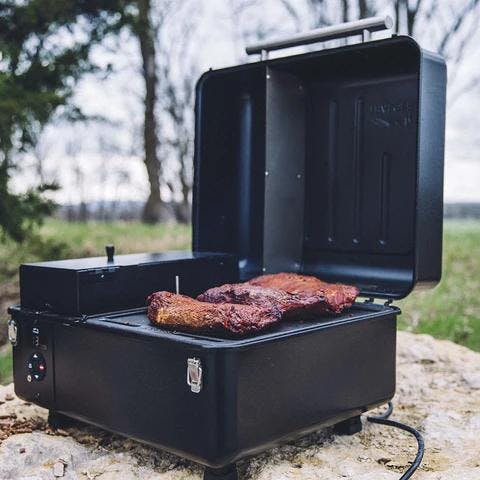
Part 2: Average Lifespan of Traeger Grills You Should Know
The lifespan of a Traeger grill can vary based on several factors, including usage patterns and maintenance practices. On average, a well-maintained and properly cared-for Traeger grill can last anywhere from 5 to 20 years or even longer.
The longevity of your Traeger grill largely depends on how frequently you use it and the level of care you provide. If you're an avid griller who enjoys regular cookouts and takes the time to clean and maintain your grill after each use, you can expect it to serve you faithfully for many years. On the other hand, less frequent usage combined with sporadic maintenance might lead to a slightly shorter lifespan.
It's important to note that Traeger grills are designed with durability in mind. Crafted from high-quality materials and engineered with precision, these grills are built to withstand the demands of outdoor cooking and changing weather conditions. When properly cared for, Traeger grills can offer consistent performance and exceptional results throughout their lifespan.
To maximize the lifespan of your Traeger grill, follow recommended maintenance practices, keep it protected from the elements with a grill cover, and address any minor repairs or component replacements in a timely manner. By treating your Traeger grill with the care it deserves, you can ensure that it continues to be your trusted companion in creating delectable grilled dishes for many years to come.
Signs of Wear and When to Replace
- Rust and Corrosion: Check the exterior and interior surfaces of your grill for any signs of rust or corrosion. Rust can compromise the structural integrity of your grill and affect its cooking performance. Pay close attention to areas where moisture tends to accumulate, such as joints, corners, and hinges.
- Malfunctioning Components: Keep an eye out for malfunctioning components, such as burners, igniters, temperature controls, and fans. If your grill struggles to reach and maintain the desired temperature, fails to ignite, or produces uneven heat, it may indicate underlying issues that require attention.
- Damaged Wiring and Connections: Inspect the wiring and electrical connections for any visible damage or fraying. Faulty wiring can pose safety risks and affect the functionality of electronic components.
- Deteriorating Gaskets and Seals: Check the gaskets and seals around the grill's lid and other openings. Cracked or deteriorating gaskets can lead to heat loss, uneven cooking, and increased fuel consumption.
- Excessive Smoke or Flare-Ups: If you notice an increase in smoke or frequent flare-ups during grilling, it could be a sign of clogged vents, grease buildup, or a malfunctioning firepot.
When to Consider Replacement
While Traeger grills are designed for durability, there may come a time when extensive repairs are no longer cost-effective or feasible. Here are some scenarios where you might consider replacing your grill:
- Extensive Structural Damage: If your grill shows significant rust, corrosion, or structural damage that compromises its integrity, it may be safer and more practical to invest in a new grill.
- Frequent and Costly Repairs: If you find yourself constantly dealing with repairs and the costs are adding up, it might be more economical to upgrade to a new model.
- Outdated Technology: If your grill's technology and features are outdated and no longer meet your needs, upgrading to a newer model with advanced functionalities could be a better option.
- Safety Concerns: If your grill poses safety risks, such as gas leaks, faulty ignition systems, or unstable components, it's crucial to prioritize your safety and consider replacing the grill.
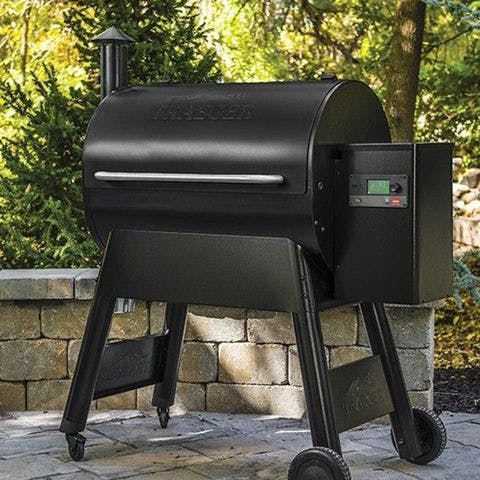
Part 3: Manufacturer's Warranty and Support
When investing in a Traeger grill, you're not only acquiring a top-tier cooking appliance but also gaining the assurance of a manufacturer's warranty that speaks to the quality and confidence behind the product. Traeger understands the importance of standing by their grills, and the warranty coverage reflects their commitment to customer satisfaction.
What the Warranty Covers:
The specifics of the Traeger grill warranty can vary based on the model and purchase location, so it's essential to review the warranty documentation that accompanies your grill. In general, Traeger's warranties typically cover defects in materials and workmanship, ensuring that your grill is free from manufacturing flaws that could impact its functionality.
How to Benefit from the Warranty:
Should you encounter any issues with your Traeger grill, whether it's related to components, craftsmanship, or overall performance, the warranty is your safeguard. Here's how to make the most of it:
Review the Documentation: Take the time to read through the warranty information provided with your grill. This will outline the duration of coverage and the specific details of what's included.
Reach Out to Customer Support: If you encounter any problems that fall within the warranty coverage, don't hesitate to contact Traeger's customer support. They can guide you through the process of addressing the issue and provide you with the necessary steps to resolve it.
Keep Documentation: Maintain records of your purchase, warranty information, and any communication with customer support. Having this documentation on hand can streamline the warranty claim process.
Professional Assessment: In some cases, Traeger may require a professional assessment or repair evaluation to determine the extent of the issue. Be prepared to cooperate and follow their recommendations.

Conclusion
By incorporating these insights into your grilling routine, you can ensure that your Traeger grill continues to be a reliable partner in crafting delectable meals and memorable moments. Proper maintenance and attention to signs of wear will not only extend the lifespan of your grill but also elevate your grilling experiences to new heights. As you embark on countless grilling adventures, remember that a well-cared-for Traeger grill is the key to unlocking the full potential of outdoor cooking. Enjoy your grilling journey to the fullest, and may the delicious aromas of your culinary creations fill the air for many seasons to come!
FAQs
How can I extend the lifespan of my Traeger grill?
Regular maintenance, including cleaning, covering, and addressing minor repairs, can significantly prolong your grill's lifespan. Proper care helps prevent rust, corrosion, and other issues that can affect its performance.
When should I consider replacing my Traeger grill?
If your grill experiences extensive rust, corrosion, or frequent and costly repairs, it may be time to consider upgrading to a new model. Safety concerns and outdated technology are also factors to consider.
Are Traeger grills covered by a warranty?
Yes, Traeger grills typically come with manufacturer's warranties that cover defects in materials and workmanship. Review your specific warranty documentation for details.
About Jon Champaigne
Jon Champaigne is a seasoned grillmaster and passionate food enthusiast. With over a decade of experience in the world of BBQ and grilling, Jon loves sharing knowledge is evident in his detailed step-by-step guides and insightful tips. Whether you're a novice or an experienced grill enthusiast, Jon's articles offer a wealth of information that empowers readers to create exceptional meals.
